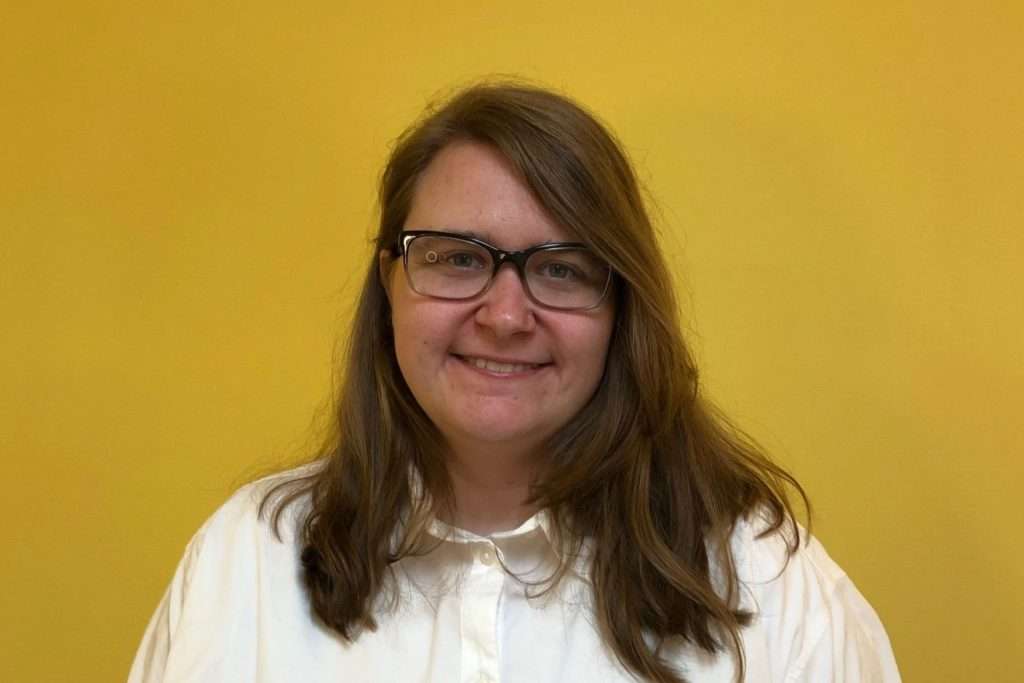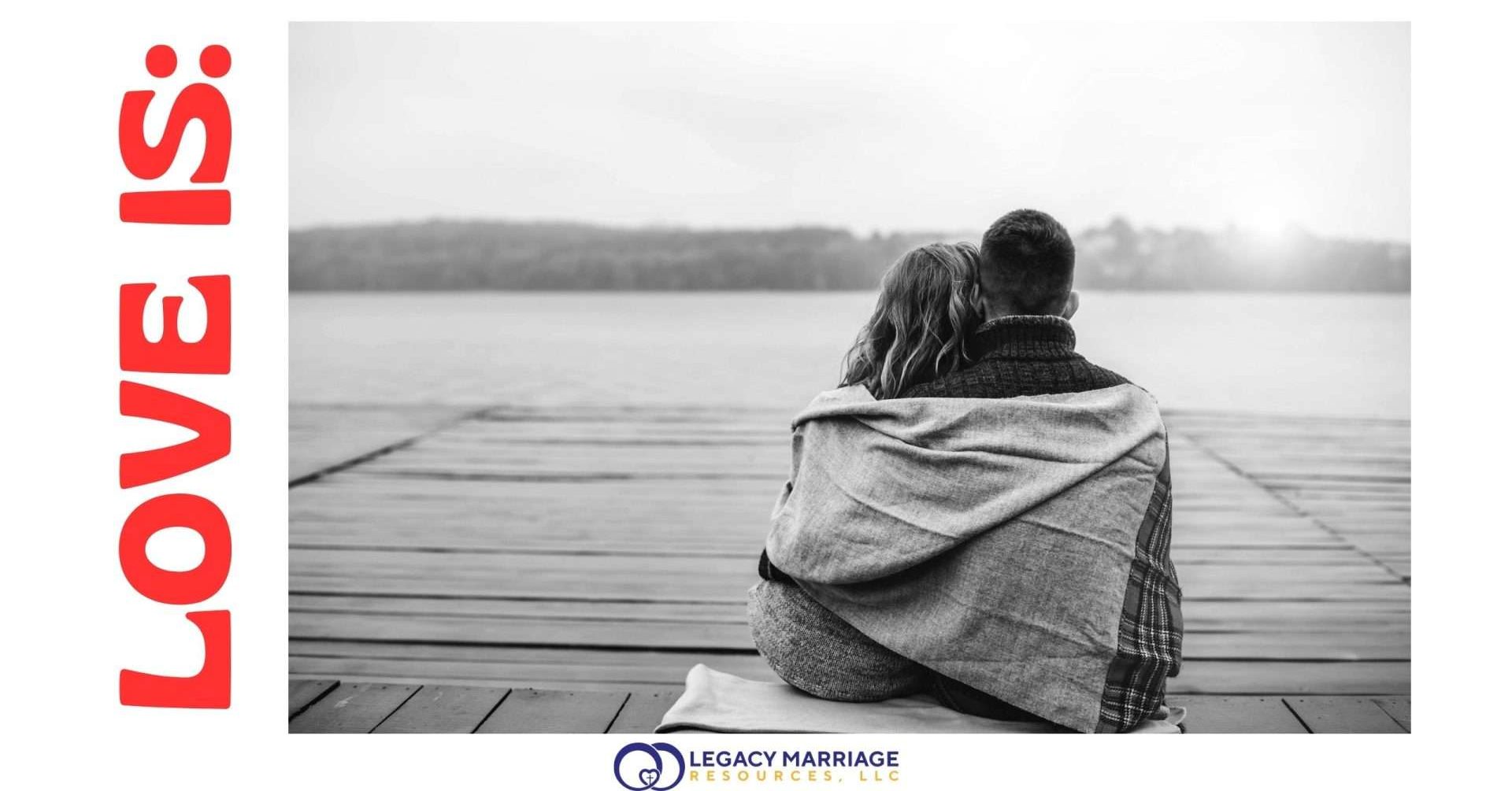The other day I was reading and came across the following quote that resonated with me: “…couples learn that ‘love’ is an active verb, not a passive state of being. Love means accepting differences, relating with sensitivity, apologizing often, and proactively attending to the needs of one’s partner and marriage.” – A Roadmap for Couple Therapy, Arthur C. Nielsen, MD
It is not uncommon for me to remind clients during sessions that love is more than an emotion we feel, but also a choice we make daily and an action. Love is an emotion we feel powered by connection. Love is a choice we make each morning when we wake up, and actively throughout the day. Love is the way we show affection to our partner. Love is such a deep concept. I was reading, A Roadmap for Couple Therapy, in some of my downtime, and in chapter 3 the quote above really stuck out to me. Let’s break this down and explore it together, shall we?
“…an action verb, not a passive state of being…”
I remember back in my youth group days, my youth pastors at the time, Jackie and Laura, mentioned that love is something you choose to do every morning. That comment stuck to my little 15-year-old brain tightly. I had not even thought about dating but I filed that information away. In my days at Emmanuel College, I took a course on marriage and family counseling led by Dr. Rackely. Funny enough, he echoed Jackie and Laura’s comment; “love is more than an emotion, you will have to choose it at times.” At this point in my life, I had met my now husband, and we have been dating for a few years and were pretty set; we were the one for each other. At the time I was certain that I would probably never have to “choose” to love him, I just would. Let’s fast forward to the present day, my husband and I have been together for 13 years and married for 5 of that. I love him dearly and do anything in my power for him. I have accepted his quirks and human oddities much like he has for me, but there are days… there are days that he does something that upsets me or makes me feel a tinge of disappointment. Those are the days that I must choose to love him, actively. Now don’t get me wrong, he feels the same way about me from time to time (I asked him while writing). It’s not because we have a bad or rocky relationship- far from the truth, we have a fantastic relationship and both of us are as happy as two bugs in a rug, but we are both very, very human. We are bound to upset, disappoint, and anger each other at some point. And that is ok. Our love for each other is stronger than the “negative emotions” we may feel towards each other because we choose each other, every day.
“… accepting differences…”
Each and every person on this earth is uniquely different. That idea is so wild and mind-blowing to me! We share so much genetic makeup but still are so different from each other- it’s beautiful to think about. Every person we meet has their own thoughts, feelings, aspirations, fears, etc separate from everyone else. This does include our partners.
My husband and I share some similar interests such as video games, board games, music, etc but we also have our own interests that don’t include the other- I love puzzles, painting, and reading; he loves photography, playing guitar, and writing. Even in the interests that we share there are differences! He loves 80’s rock and I love folk music. We both have collective goals and our own personal goals too. We like different foods, we have different role models, different fears, and different strengths. Despite how much we joke that “we share the same brain cell” we are truly individuals. I love that he has things that he pours his heart into even if I don’t participate. I enjoy cheering him on and supporting his hopes and dreams even if I am not a major role (like with his work aspirations). I love listening to him go on and on about some chord progression or math thing because he gets so animated (even when I have no idea what he is talking about). He does the same things for me. We support and celebrate each other’s uniqueness.
“… relating to sensitivity…”
Going hand in hand with everyone is unique, we all have our own preferences, hard-to-swallow topics, triggers, and baggage. In a healthy relationship, each partner will be aware of those for their partner. In my relationship, I do most of the cooking. I know there are certain foods that my husband does not like, so I make an effort to create meals that he will enjoy using things I know he likes. He knows that I don’t like to drive if we go places together, so he does most of the driving. The types of sensitivities I listed above are very surface level compared to possible deeper or more serious ones, but they are just as important as they build trust. Being understanding of your partner’s sensitivities is accepting their most vulnerable sides. I have some trauma in my history and I consider myself truly blessed to have a husband who is attentive to the sensitivity that brings for me at times. He never pushes me to do something I don’t want to do. I give him the same considerations- I would never make him do something that would hurt or harm him in any way.
…apologizing often…”
We are all human and we all make mistakes. In a healthy relationship, both partners are able to own up to their mess-ups. We need to be able to recognize when we have hurt others, especially our partner. Sometimes it’s not always easy to say I’m sorry. Sometimes we feel justified in our actions. Whether we mean to hurt our partner or not; a habit of owning up to the pain we cause will lead to a better relationship. Being able to apologize (and mean it) is a sign of how we value our partner’s emotional well-being above ourselves. It can be a way to say ‘You mean more to me than being right all the time’ or ‘I realize what I said hurt you and didn’t intend for that to happen; you mean more to me than what I said.’
“…proactively attending to the needs of one’s partner and marriage.”
Humans can be selfish creatures, but when we enter a covenant-bonded relationship we are tasked with putting our partner first. We are tasked with putting the unit ahead of ourselves. When choosing what we do; we can break it down into three categories, proaction, action, and reaction. Proaction is when we plan out what we do with forethought. Action is when we consider the moment-to-moment “what is happening” before we act. Reaction is when we act based on others with little forethought. Most of the time we choose action, it’s the go-with-the-flow way to do things. When it comes to considering our partner, we want to have as much forethought as we can, we want to be proactive in our choices concerning our partner and marriage. In a healthy relationship, both partners will consider their partner and their vows before making a choice, whether subconsciously or consciously.
Conclusion
Love is so much more than just, “I love you.” It is all this listed above and more. Love is something that blooms over time and changes with the seasons of life. Love is a choice and a commitment that we make to our partner each day. Some days will be easier and others could be a struggle. Love is the small act of kindness and the large gestures of grandeur. Love is a whisper, an echo, a laugh, and a scream. Love is more than an emotion.

Author:
Janna LeCroy is a Licensed Professional Counselor. She provides couples counseling and individual counseling as a therapist at Legacy Marriage Resources, LLC based in Augusta, Georgia. Find out more about her in her Bio.

